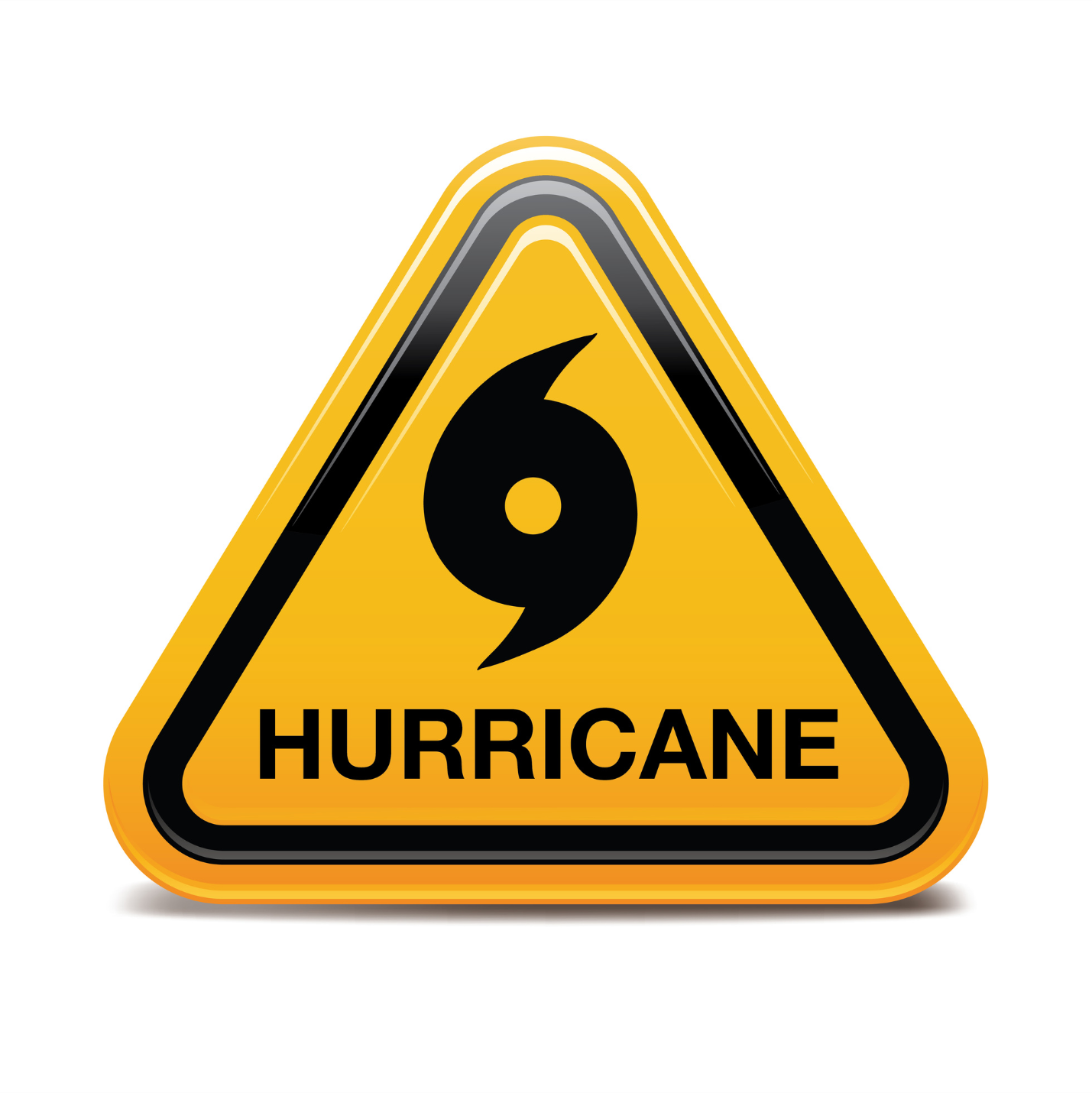LivingPower Newsletter, Sept./Oct. 2022
By Attorney General Josh Stein

The summer months are a great opportunity to get outside and enjoy all the beauty North Carolina has to offer. But summer is also the start of hurricane season, which begins in June and continues through November. We’re predicted to have another busy hurricane season. You should prepare now to protect yourself from severe weather and the scams that follow in its wake. Follow these tips, along with the guidance of your local and state officials, to stay safe this hurricane season and to avoid scams.
Make an emergency plan. Sit down with your family and have a conversation about emergency preparedness. Familiarize yourselves with your town or county’s emergency protocols, such as evacuation routes and the location of crisis shelters. Give special consideration in your plan to those who might need extra care, like small children, elderly family members, or household pets.
Gather must-have documents and supplies. If you need to evacuate, you don’t want to waste time searching your home for essential items. Prepare a disaster kit in advance and be sure that all household members know where to find it. Pack items that would be useful in case of an evacuation such as a change of clothes, a battery-operated flashlight, and bottles of water. Be sure to include important documents (driver’s license, Social Security card, insurance card, mortgage information, bank documents, unpaid bills, and passport) as well as a list of emergency phone numbers. Include the number for our Consumer Protection Division, 1-877-5-NO-SCAM, so that you can report scammers in the midst of a natural disaster. Take and keep updated pictures of your vehicles and your home in case you need to file an insurance claim due to storm damage.
Be on the lookout for price gouging and scams. Scammers often try to capitalize on a hurricane’s destruction. Don’t give out personal information to unknown callers, even if they claim to represent government agencies. If the governor declares a state of emergency, our statewide price gouging law will take effect. This makes it illegal to charge unfair prices during a crisis, and you should report any incidences of price gouging to our office at www.
ncdoj.gov/gouging.

After the storm has passed and you have to repair your home or property, be careful about picking a contractor or business. Look for reviews online, call my office to check for complaints, and shop around by getting written estimates from at least three companies. Read the contract carefully before you sign, and don’t pay the entire agreed-upon amount until the work is completed to your satisfaction.
To learn more about how you can be prepared for this hurricane season, visit readync.gov. If each of us does our part to prepare, we will all be able to recover more quickly when disaster strikes.
